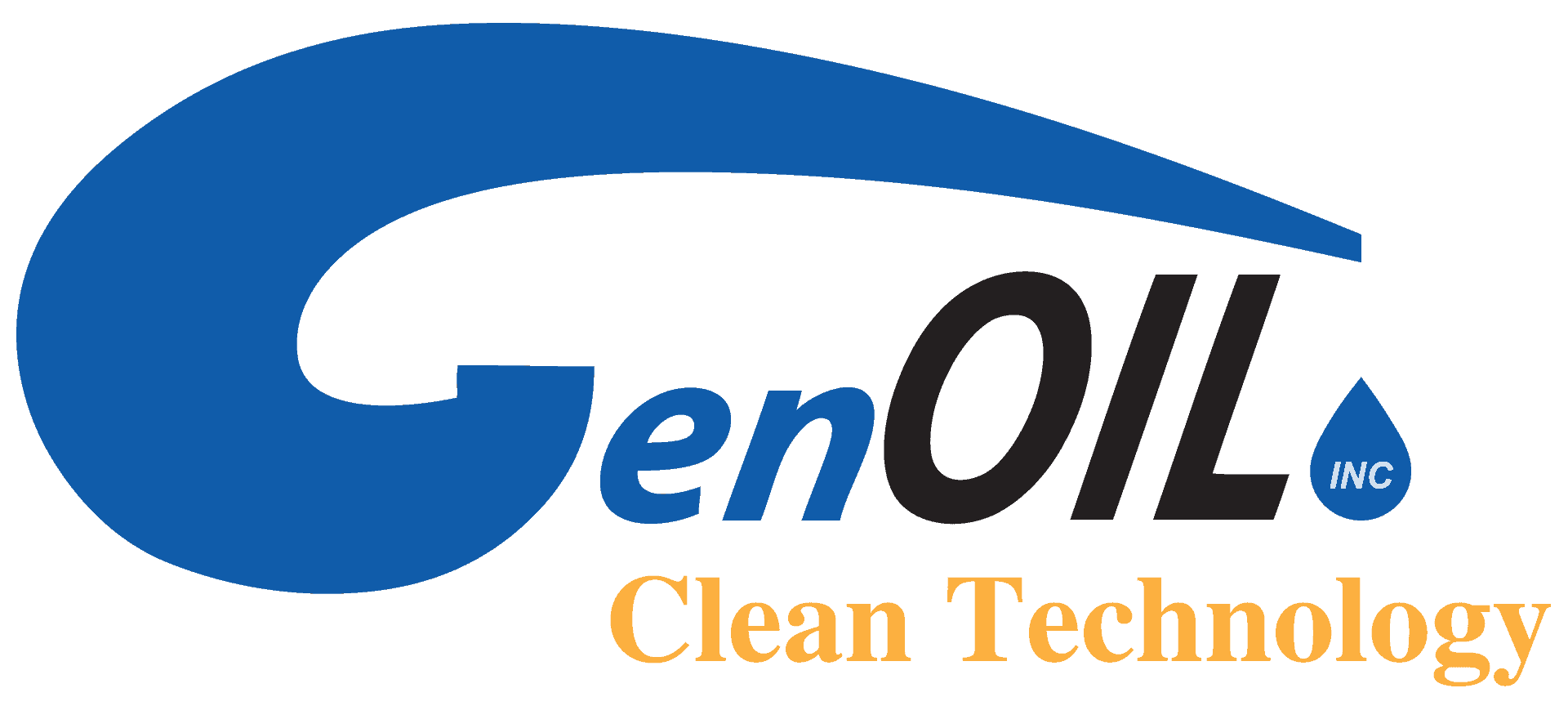Genoil is building a new international global network to develop ten million barrels per day of new oil production from conventional reserves that is profitable at today’s low oil prices. The company is a provider of world leading hydroconversion fixed bed technology for upstream and downstream oil and gas industry. The company is also working with a top Chinese policy bank and Chinese companies to provide, project financing, drilling, production, and processing services to the oil and gas industry. Through these partnerships and strong financial backing, Genoil can supply the oil industry with a full range of products and services, from exploration through production, solutions for hydrocarbon development and recovery, upgrading and environmental protections services. Complemented by partners who have many years of operational experience we can provide a wide range of process technologies at unparalleled value to our customers.
Market Scope Overview
There are 900 billion proven barrels of heavy and medium crude oil in the world. The scope of the opportunity is Genoil can convert these 900 billion barrels creating an average increased incremental value of $50.00 per barrel based on an average Brent Crude pricing of $100 over the next 20 years. Genoil has the capability of unlocking $45 trillion dollars over this period. Heavy oil spreads even during the current period of 2015-2016 are quite large at over $20.00 per barrel. Genoil successfully tested its hydroconversion upgrader on bitumen feedstock as low as 6.5 API.
We consider Genoil a Kleiner Perkins or Google scope of opportunity as these profits are quite significant.
- Peak Oil has resulted in one of the greatest shifts in energy where light oil reserves used to be adequate to supply world demand. This is no longer the case and more and more heavy or sour oil production is coming online – $45 trillion total market scope..
- Environmental fuel legislation and stricter sulfur requirements are increasing demand for hydroconversion units globally.
- Low cash requirements.
- Strong strategic relationships -$ 5 billion LOI from major Chinese lending institution.
- Genoil GHU technology is unmatched.
Revenue Generation
Due to industry standard lead time requirements related to Genoil’s GHU technology for feedstock testing, front end engineering & design (FEED), construction lead times and equipment and implementation costs, Genoil has developed and delineated several possible methods of revenue generation within each contract or project. Each project contract is negotiated based on the flow level (barrels per day) required to fill the client’s need beginning with the capacity requirements for the applicable GHU’s. The following is a brief description of each of the four revenue streams possible for each Genoil GHU contract:
- ECM Revenue – (Engineering and Consulting) – The ECM revenue involves the upfront/basic engineering, project design, procurement and implementation for upstream and downstream projects. These revenues are typically calculated at between 15% and 20% of the total project costs.
- Licensing Fee / Royalties – This is a long-term licensing agreement where the fees are based on the profitability of the Genoil process where Genoil will capture 15% of the profit from each flowing barrel per day.
- Profit Share – Income generated from Genoil’s ongoing participation and ownership of a project in the case of Zhongjie Petrochemical and Genoil’s Joint Venture, Genoil will own 70% of the project.
It is anticipated that the typical contract for Genoil would involve ECM and royalty revenues. Both of these revenue streams would typically be collected within a twelve-month time frame from the point of contract. There may be instances where Genoil invests capital into a project and remains as a partner. At that point, Genoil would typically receive royalty revenue of 15% of all profit generated based on the difference between the price of the feedstock and the price of the processed product. Based on today’s prices of heavy crude feedstock and the sale price of the processed product, the net effect of the royalty revenue would be no less than $3 per barrel processed.
